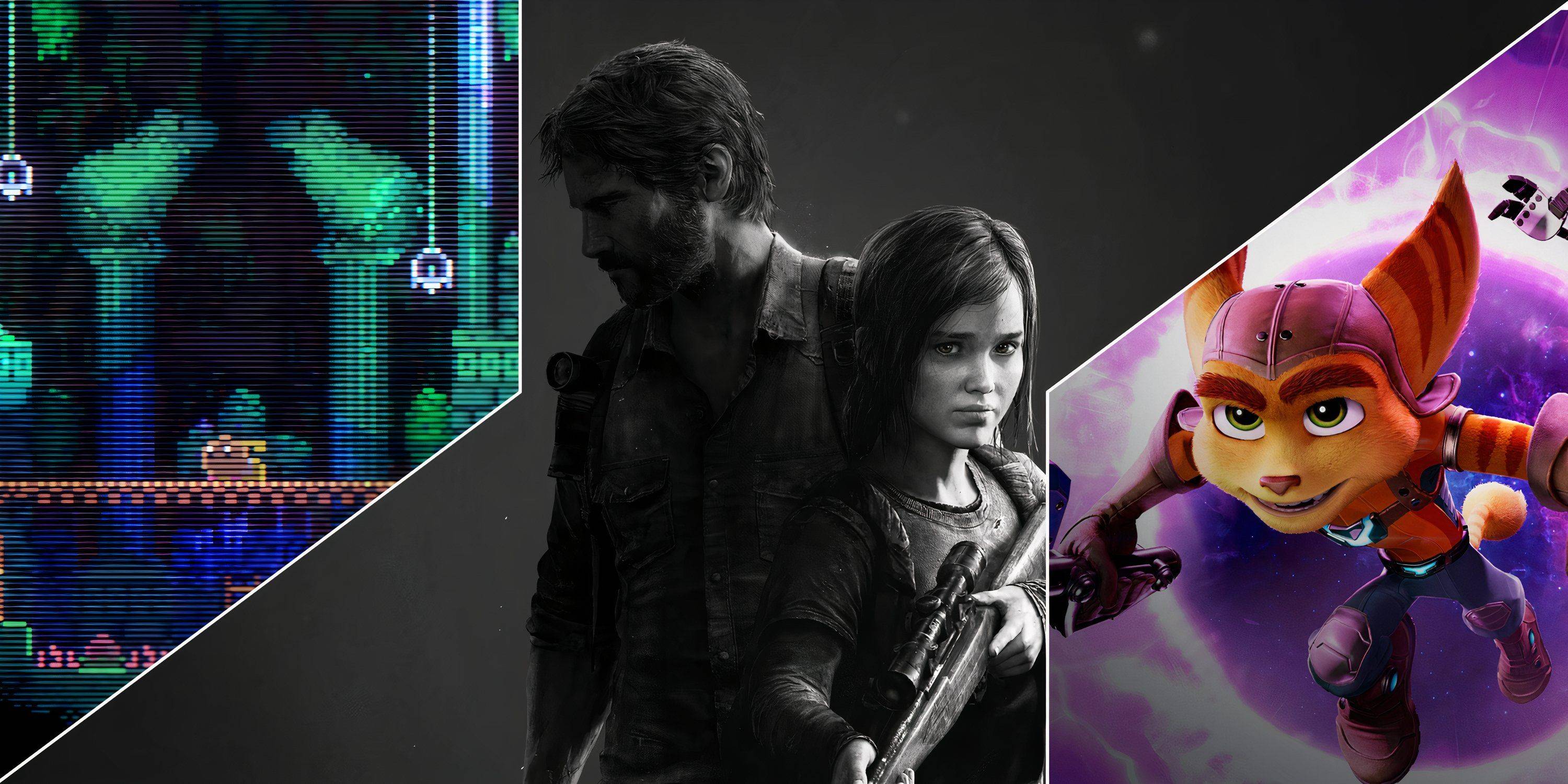
The Yakuza/Like a Dragon franchise continues broadening its appeal to younger and female audiences, but developers remain committed to preserving its authentic portrayal of middle-aged men navigating life's absurdities.
Like a Dragon Developers Stay True to Their Roots Amid Growing Popularity
Authentic Stories About Middle-Aged Life Experiences
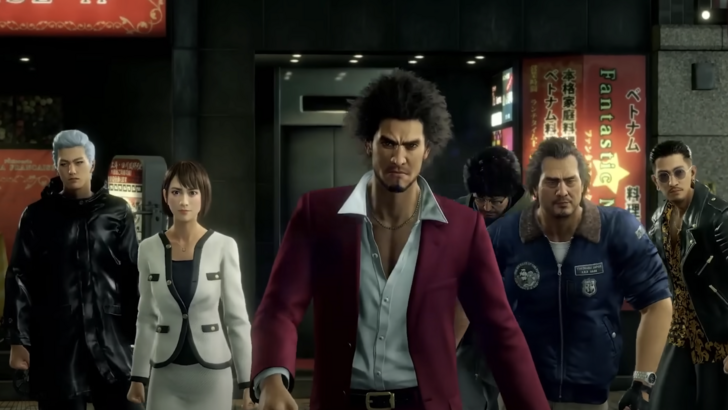
The Yakuza (now Like a Dragon) series maintains global popularity with its signature blend of humor and heart. Protagonist Ichiban Kasuga, the endearing ex-yakuza turned unlikely hero, has attracted diverse fans while keeping the series' distinctive character intact.
"We're delighted to welcome more women and younger players to our fanbase," series director Ryosuke Horii told AUTOMATON. "But we won't compromise our authentic storytelling by altering topics simply for broader appeal. Discussions about mundane realities like metabolic health remain part of what makes our characters relatable."
Horii and lead planner Hirotaka Chiba highlighted how the protagonists' middle-aged perspectives create unique storytelling opportunities. From nostalgic gaming references to everyday health complaints, they believe these authentic details ground the fantastical narratives.
"Our characters resonate because they embody real human experiences," Horii explained. "Players feel immersed because they recognize genuine conversations unfolding naturally."

Series creator Toshihiro Nagoshi expressed surprise during a 2016 Famitsu interview about reaching female audiences. "We've seen women now represent about 20% of our players," he told Siliconera, acknowledging this positive trend while maintaining the series' original vision.
"We designed Yakuza primarily for male players," Nagoshi clarified. "While welcoming all fans, we remain focused on creating the experience we originally intended."
Debates Continue About Female Representation
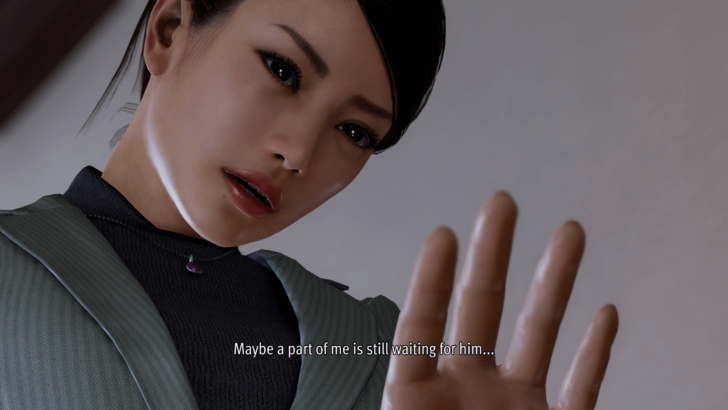
Despite its male-oriented design, criticisms persist regarding the series' treatment of female characters. Some fans argue women frequently appear as supporting roles or face objectification.
A ResetEra user noted improvement but observed lingering issues: "Yakuza 7 features only one permanent female party member, and problematic dialogue patterns persist when women appear."
Historical depictions often positioned women as vulnerable figures needing rescue, with characters like Makoto in Yakuza 0 exemplifying this trend. Chiba acknowledged these patterns continue informally, citing dialogue sequences where female perspectives often yield to male commentary.
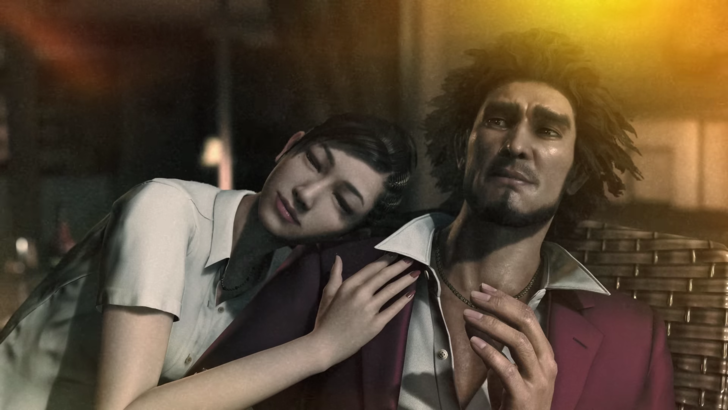
While making noticeable progress, the series occasionally reverts to outdated characterizations. Like a Dragon: Infinite Weight's critical acclaim (including Game8's 92/100 score) demonstrates the franchise's continued evolution.
The game earns praise as both a nostalgic celebration and bold step forward for the series. For deeper analysis of Infinite Wealth's achievements and lingering challenges, explore our comprehensive review.
 Home
Home  Navigation
Navigation






 Latest Articles
Latest Articles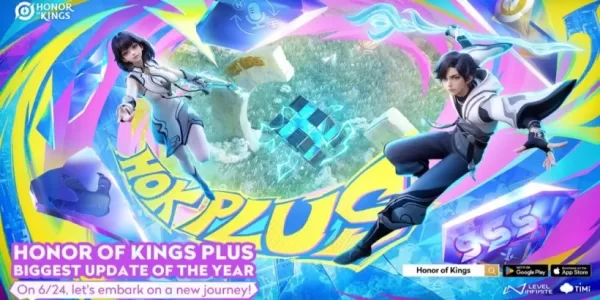










 Latest Games
Latest Games![[グリパチ]CR戦国乙女〜花〜](https://imgs.xddxz.com/uploads/83/17306721726727f62c13377.webp)




![Chubby Story [v1.4.2] (Localizations)](https://imgs.xddxz.com/uploads/85/1719638042667f981a5e9f8.jpg)

![Zia – New Version 0.4 [Studio Zia]](https://imgs.xddxz.com/uploads/47/1719569268667e8b74e6004.jpg)



